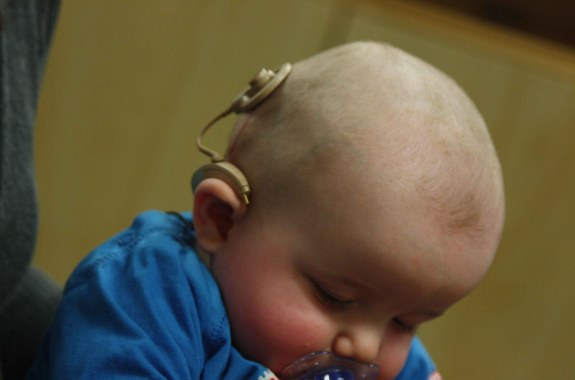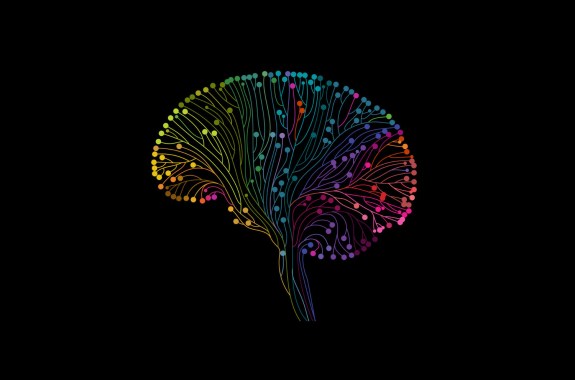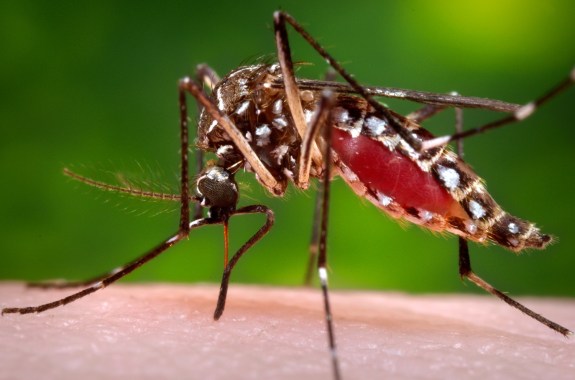8:00
UN Space Mission, Redefining ‘Healthy,’ and a Wayward Manatee
The United Nations will launch a space mission carrying payloads from countries that don’t have their own space programs.
17:04
Myth-Busting Your Fitness Routine
Some health experts tout the benefits of standing desks and walking five miles a day. Science says otherwise.
12:18
Can International Diplomacy Help Combat the World’s Superbugs?
The U.N. will meet next week to discuss the growing problem of antibiotic resistance around the world.
16:38
Apps That Turn Your Workout Into a Game
Activity trackers like the Fitbit and the Apple Watch aim to make fitness more fun by incorporating elements of gameplay. But does it work?
Breakthrough: A Re-Sounding Remedy
Under the care of hearing researcher Rene Gifford, Allyson Sisler-Dinwiddie became one of the first test subjects of a new technique to improve cochlear implants, devices that use electrodes to stimulate cells in the inner ear.
17:07
Breakthrough: Hearing A Whole New World
In the first video of our new series, an audiologist describes overcoming her hearing loss. Plus, how new research could expand the aural world for patients with hearing loss.
Why Do We Use Shock Therapy?
Electroconvulsive therapy is generally a safe and effective treatment for depression and other mental illnesses.
12:05
A New Drug to Tackle Alzheimer’s
Here’s why we can be cautiously optimistic about a new drug designed to remove amyloid plaques from the brain.
11:47
Where Do We Stand in the Fight Against Zika?
The viral storm has made landfall in the U.S, but a vaccine remains elusive.
The Axolotl: A Cut Above the Rest
The axolotl is a Mexican salamander with an incredible ability: Cut its leg off, and the limb will grow right back!







